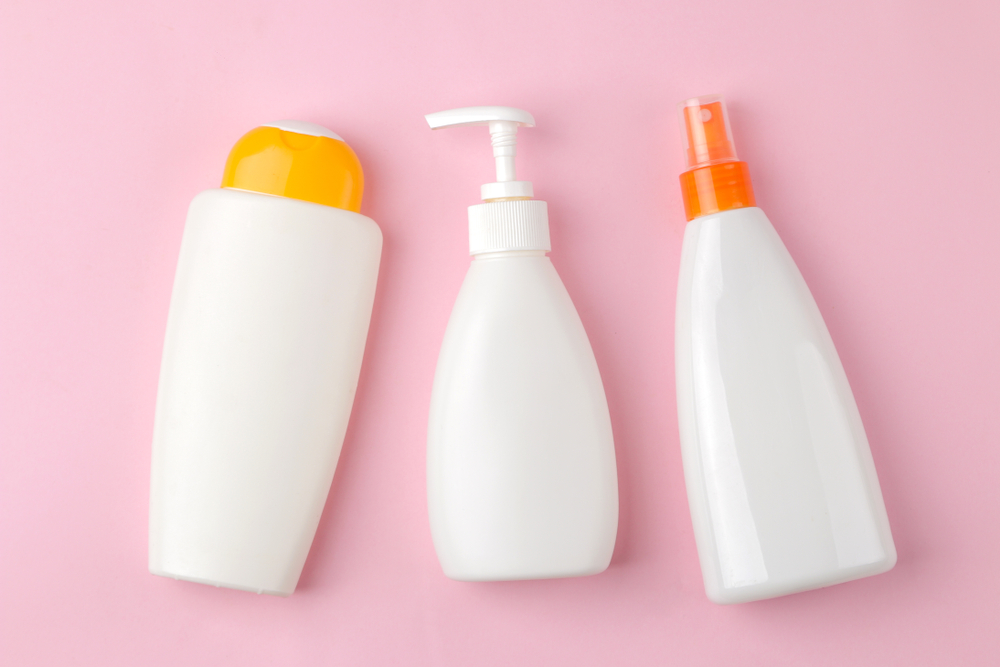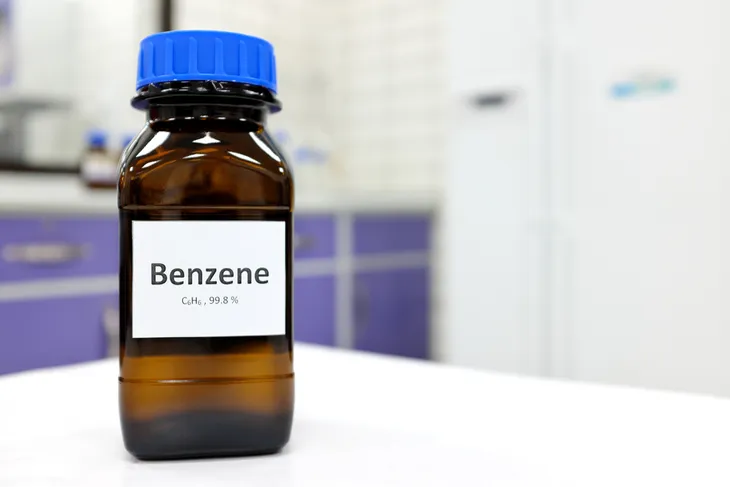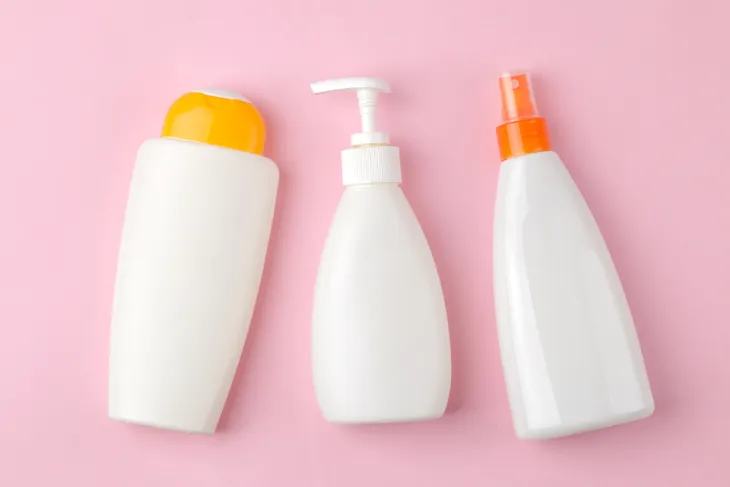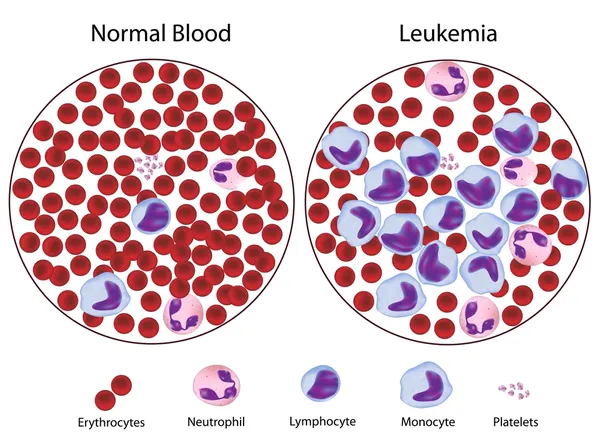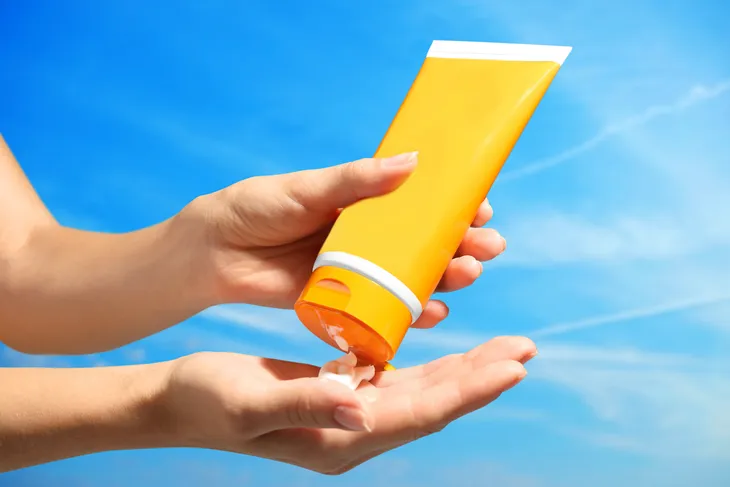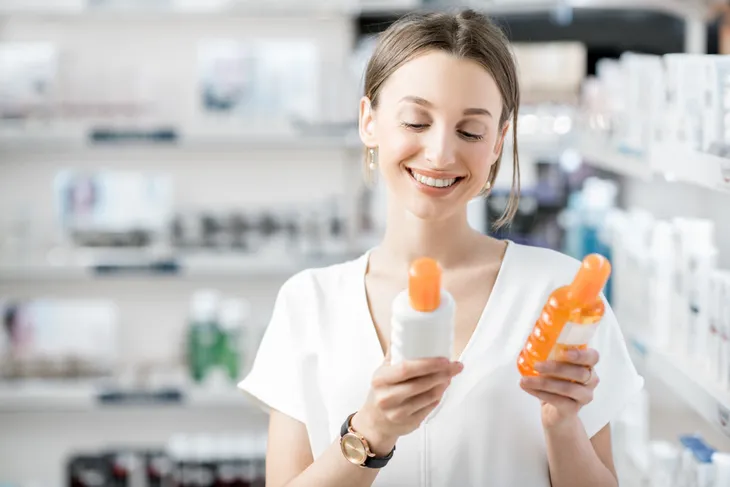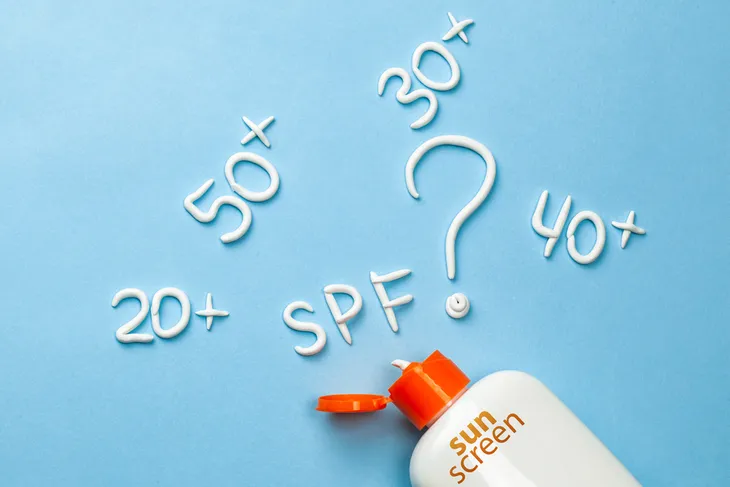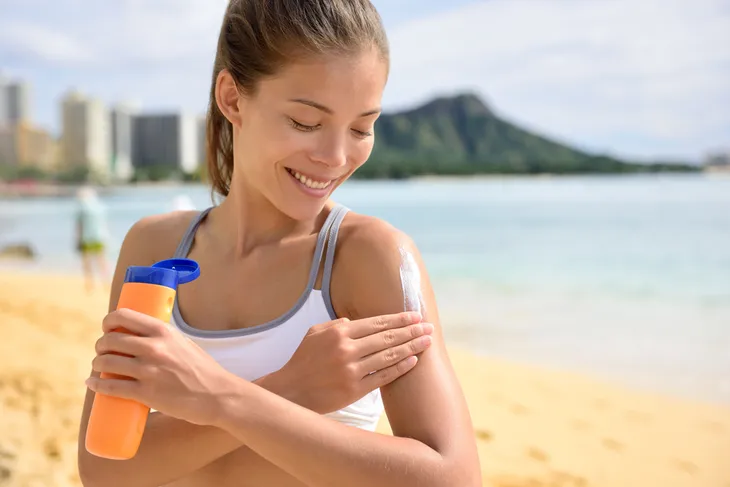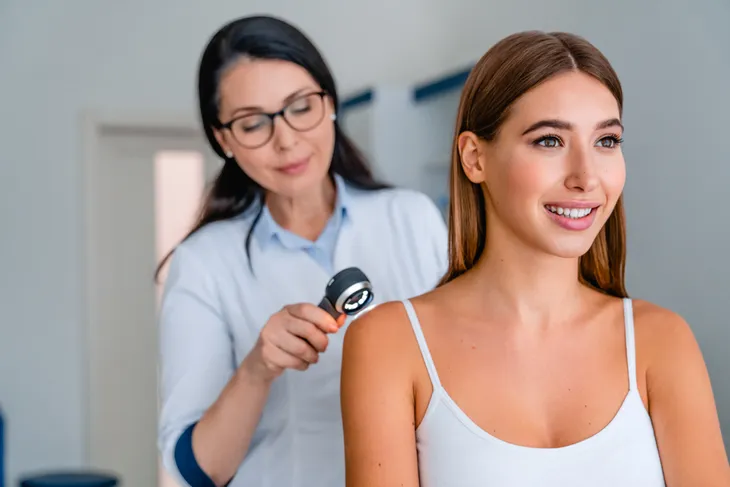Sunscreen is a vital product that can protect your skin from prolonged UV exposure and help reduce your risk of skin cancer and other types of skin damage. Many experts recommend the daily use of SPF sunscreen but the discovery of contaminated products has some consumers concerned.
An independent pharmaceutical testing company, Valisure, detected high levels of benzene in popular sunscreen products. The company is now asking the Food and Drug Administration (FDA) to recall the product lots with dangerous amounts of benzene. But what is it, and why is it harmful? Read on to learn everything there is to know about benzene in sunscreen and why consumers are concerned!
What Is Benzene?
First, let’s establish exactly what benzene is. In short, benzene is a light yellow or colorless chemical. It’s mostly used as a solvent in the pharmaceutical and chemical industries and is both natural and man-made. So why is it a concern?
Benzene is also known to cause cancer in humans. The World Health Organization (WHO), classifies benzene as a Group 1 carcinogen. This means that there is strong evidence linking benzene to DNA damage that causes cancer in humans. The FDA also classifies benzene as a Category 1 solvent, meaning it shouldn’t be used in drugs or drug products (unless it’s unavoidable).
The History of Benzene
Benzene isn’t a newly discovered substance. Its toxicity has been well established for over 120-years and has been studied as early as 1897.
It’s formed in natural processes like volcanoes, forest fires, and is a natural part of crude oil, gasoline, and cigarette smoke. It’s also used in chemical industries to make other chemicals that are used in plastics, resins, and other synthetic fibers. But studies have determined it’s one of the most concerning human carcinogens known to science and should always be avoided when possible.
The Sunscreen Recall
The detection of benzene in sunscreen came about when an independent pharmaceutical testing company, Valisure, tested batches of sunscreen and sun care products. They found that 78 lots of products contained benzene.
Of the 78 lots, 40 products were found to have “significantly detected” levels of benzene. It’s important to point out, the problem doesn’t seem to be in particular brands of sunscreen, but rather in certain batches.
The Risks of Benzene Exposure
Okay so now that we know benzene is a known human carcinogen, what are the risks? For starters, long exposure (a year or more) to benzene can cause harmful effects on bone marrow. It can also cause a decrease in red blood cells which can lead to anemia.
Further, The Center for Disease Control and Prevention (CDC) also notes, long exposure to benzene can also cause some types of cancer in humans including leukemia.
How It Happened
So how did benzene end up in the products in the first place? It’s believed that benzene made its way into products due to an error in how the products were made, not necessarily from the ingredients it’s made from.
David Light, founder, and CEO of New Haven, Connecticut-based Valisure, told Health, “It’s very likely a contaminant from the manufacturing process,” This conclusion came about because of the 294 batches tested, more than 200 didn’t contain detectable levels of benzene. This tells them it isn’t necessary for making the products.
The Importance of Recalls
While these findings may cause you to worry, Dr. Ranella Hirsch tells Byrdie, “You should take comfort in the fact that once a contaminant is identified the information was shared. There are mechanisms in place when things like this happen,”
Recalls may seem alarming, but their sole purpose is to keep us safe to ensure the products we use are both effective and safe to use.
The Benefits of SPF
First, it’s important to point out that sun exposure is good for your health. It’s a great source of vitamin D, may give you a boost of energy, and it may even help you sleep. However, wearing SPF suncare products is important too.
The Skin Cancer Foundation reports, “Regular daily use of SPF 15 sunscreen can reduce your risk of developing squamous cell carcinoma (SCC) by about 40 percent, and lower your melanoma risk by 50 percent.” Not only that but regularly wearing SPF sunscreen can help prevent signs of premature aging.
What Is SPF and What Does It Mean?
Have you ever wondered what exactly SPF stands for and what does it mean? First, SPF stands for Sun Protection Factor.
Next, the number tells you how long it would take the sun’s UV rays to redden your skin (if you apply it per the instructions). For example, if you use an SPF 30 sunscreen exactly as directed, then it would take 30 times longer to burn your skin compared to if you use no sunscreen at all.
Who Should Wear Sunscreen and When?
Sunscreen is essential for everyone including men, women, and children (over the age of 6-months). Even if you tan easily, you should still wear SPF sunscreen to prevent damage to your skin.
Sunscreen should be applied every day, especially 30-minutes before going outdoors. The Skin Cancer Foundation also recommends reapplying every 2-hours spent outdoors. Apply an SPF of 15 (or higher) for daily use and an SPF of 30 (or higher) when spending the day outdoors.
Sunscreen Shopping Tips
With so many sunscreen products on the shelves, the choices can be overwhelming. The Skin Cancer Foundation recommends choosing a sunscreen you’re happy with. Consider how it feels and smells on your skin. This will encourage you to wear it daily. Just make sure it’s a broad spectrum with an SPF of 15 or higher.
Further, you should also pay attention to the ingredient label when shopping for sunscreen. There are two types of sunscreen — physical sunscreen and chemical sunscreen. Both have been proven to be safe and effective but some may find chemical sunscreens (which usually contain ingredients like avobenzone and octisalate), may cause skin irritation. Once again, choose a sunscreen that is best for you, and if you need guidance speak with your doctor.
The Risks of Not Wearing Sunscreen
While the detection of high levels of benzene in popular sunscreen products may have you worried. You should know wearing SPF sunscreen is still important. Sun exposure in moderation is essential for your health, but too much exposure to UV rays can cause damage to your skin.
For starters, not wearing sunscreen can cause premature aging. You can develop wrinkles, sagging skin, and even sunspots. Other risks include the development of skin cancer. This happens when UV rays damage skin cells. This is why you should protect your skin from the sun, especially if you spend a lot of time outdoors.
What to Do Now
As you can see, wearing sunscreen is an essential part of protecting your skin from the sun. While the findings of traces of benzene in some sunscreen products may be alarming, it shouldn’t deter you from protecting your skin. So what should you do now?
For starters, always stay up to date on recalls to ensure the products you are using are safe to use. You can cross-reference the list by Valisure to ensure your suncare product isn’t affected. You can find the list of products in tables two and three. If you have contaminated products, make sure you dispose of them according to the US Environmental Protection Agency’s guidelines.
